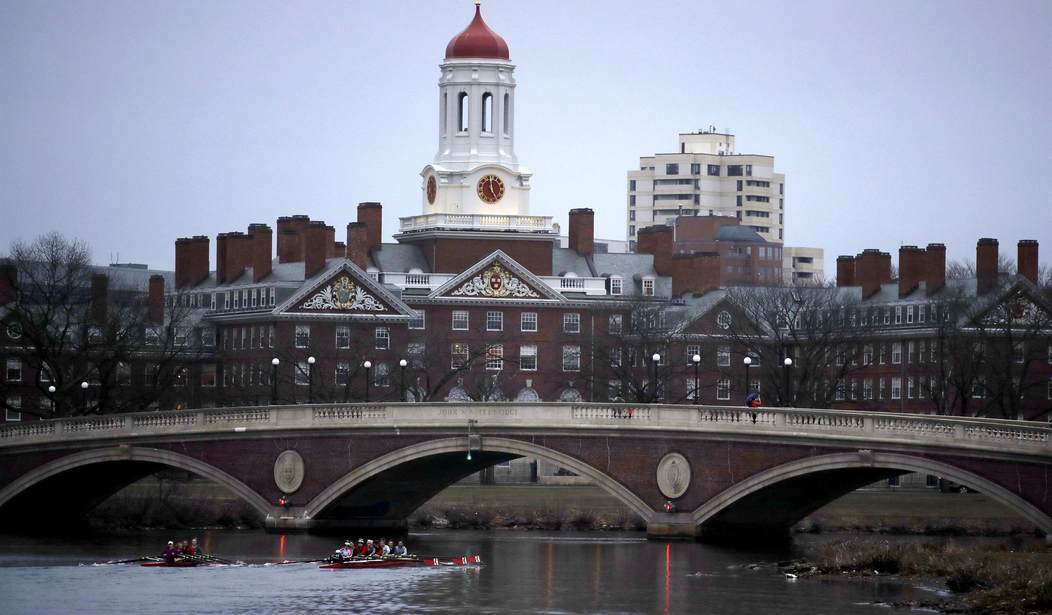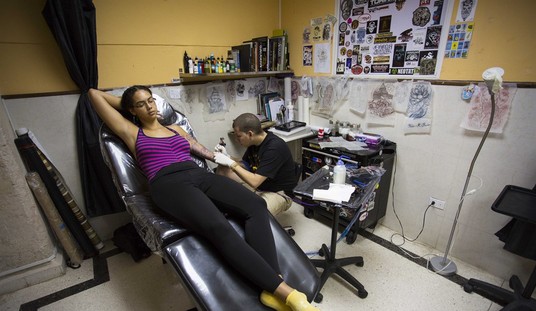The Supreme Court has ruled that it is unlawful for colleges and universities to use race as a factor in admissions, overturning rulings from as far back as 1978 that claimed institutions of higher education had a valid interest in promoting racial diversity on campus and could thus give favorable consideration to black and Latino applicants in their admissions process.
Two separate decisions were reached in which the nation’s highest court ruled that Harvard University and the University of North Carolina at Chapel Hill engaged in unlawful discriminatory practices based on race that violated the Constitution. “[T]he Harvard and UNC admissions programs cannot be reconciled with the guarantees of the Equal Protection Clause,” the opinion read. “Both programs lack sufficiently focused and measurable objectives warranting the use of race, unavoidably employ race in a negative manner, involve racial stereotyping, and lack meaningful end points. We have never permitted admissions programs to work in that way, and we will not do so today.”
All the liberal justices dissented, and Chief Justice John G. Roberts joined with the conservative court members, writing for the majority.
The vote in the North Carolina case was 6-3, and in the Harvard case, it was 6-2, as Justice Ketanji Brown Jackson recused herself from the Harvard case due to her prior association with the school’s Board of Overseers. The opinion also clarified that all parties agreed that “nothing in this opinion should be construed as prohibiting universities from considering an applicant’s discussion of how race affected his or her life, be it through discrimination, inspiration, or otherwise.”
In his concurring opinion, Justice Clarence Thomas wrote that “rudderless, race-based preferences designed to ensure a particular racial mix” “fly in the face of our colorblind Constitution and our Nation’s equality ideal.”
“In short, they are plainly—and boldly—unconstitutional,” he added. “While I am painfully aware of the social and economic ravages which have befallen my race and all who suffer discrimination, I hold out enduring hope that this country will live up to its principles so clearly enunciated in the Declaration of Independence and the Constitution of the United States: that all men are created equal, are equal citizens, and must be treated equally before the law.”
Justice Sonia Sotomayor wrote the dissenting opinion, joined by the other two left-wing justices, arguing that “limited use of race” in admissions has “helped equalize educational opportunities for all students of every race and background and has improved racial diversity on college campuses.”
She continued, “Although progress has been slow and imperfect, race-conscious college admissions policies have advanced the Constitution’s guarantee of equality and have promoted [Brown vs. Board of Education’s] vision of a Nation with more inclusive schools.”
Sotomayor, who infamously once said, “I would hope that a wise Latina woman with the richness of her experiences would more often than not reach a better conclusion than a white male who hasn’t lived that life,” criticized the court’s majority opinion for rolling back precedent, and insisted, despite evidence to the contrary, that race was only being used in a limited way in admissions.
Kenny Xu, president of Color Us United and a second-generation Chinese American, responded to the ruling in a statement.
“These Supreme Court rulings are a victory in the fight to restore merit and equal opportunity to the college admissions process. Top schools have been rigging the game in the name of diversity for too long,” he said. The landmark decisions confirm that using racial preferences to choose applicants is not only unfair, but unconstitutional. We need to keep holding schools accountable to help ensure that all of the best and brightest students get the fair shot they deserve, regardless of race.”









Join the conversation as a VIP Member